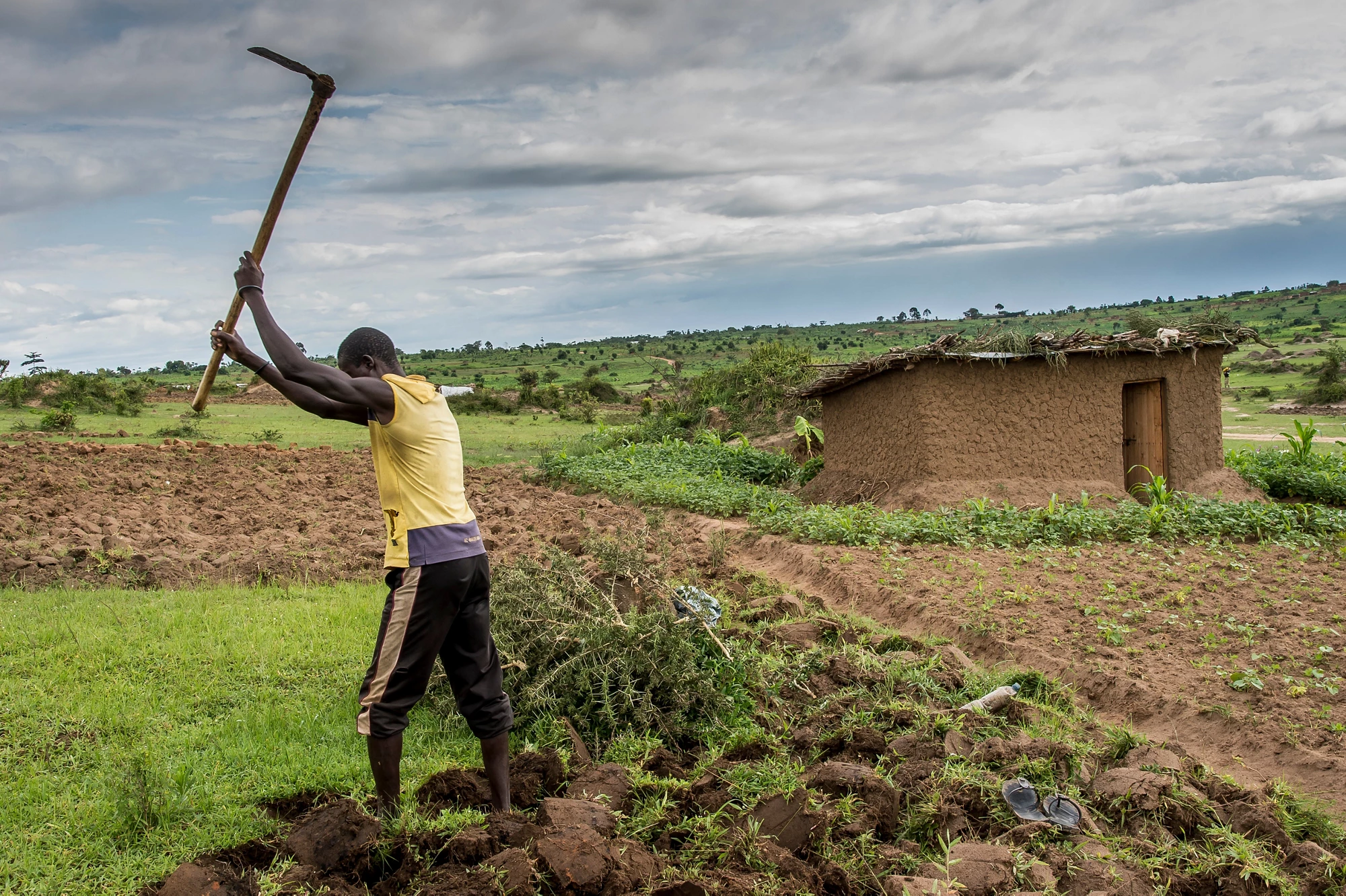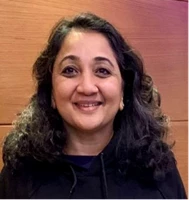We observed that over 78 percent of refugees in rural settlements, where they receive agricultural land, are engaged in agricultural activities compared to 5 percent in urban areas. Crop surpluses attract Ugandan traders to the refugee settlements, operating as a direct supply chain for sale of agriculture produce but also supply of agriculture inputs like fertilizers and seeds.

However, about 66 percent of respondents reported that local traders use faulty scales when weighing produce, which shortchanges them. Seventy percent decried the extremely low prices offered by local traders for produce, with implications for the ability and timing of refugees to become self-reliant. This was made worse by the significant losses in quality and quantity of agriculture produce due to poor harvest handling techniques and inadequate storage facilities, and surpluses were sold immediately after harvest at the lowest point in the price cycle. This shows that while refugees have land to cultivate, they are unable to realize the potential due to lack of technical, infrastructural and marketing support, contributing to food insecurity and under nutrition among smallholder farming refugee families, especially during lean seasons.
Business enterprises such as bars, hair dressing, milling, transportation, money transfers, and retail are run by refugees. Twenty-eight percent of female refugees are involved in agriculture, trade, or are self-employed; their participation in the formal sector is low—only 9 percent. Initiatives such as Community Savings Groups and women savings and credit groups have provided female refugees with seed money to start businesses. There is reportedly some level of gender discrimination with respect to access to land, credit, employment, and self-employment opportunities.
We observed that almost 43 percent of the refugees are actively engaged in the labor market of their host communities: 12 percent in the formal sector and 31 percent self-employed. However, refugees expressed constraints accessing formal employment both in urban areas and rural settlements, relating to unfamiliarity with the language, legal issues, poor interview skills, discrimination, and a lack of relevant documents. Refugees are mainly engaged in occupations that provide little income, social protection, or job security.
Refugee settlement areas have attracted the attention of Ugandan private enterprises, such as the Ugandan telecom companies, which launched several initiatives aimed at targeting refugee users of SMS banking and transfer services. For example, Orange Uganda Limited, a provider of telecommunication and Internet services in Uganda, invested in a large radio tower in the Nakivale settlement to promote its "Orange money" services. In Rwamwanja and Adjumani, a number of refugees operate as mobile money unit agents providing employment for them, while facilitating other refugees in accessing remittances from their relatives and friends within or outside the country. This mobile money is hugely helpful to refugees trying to meet expenses, including school fees for their children.
But in Uganda, and across the rest of the Horn of Africa, refugee camps and settlements are located in areas where the host communities are among the most underserved, with significant development deficits of their own. The majority of refugee settlements in Uganda are in the relatively stable north, though it has communities still in a state of latent conflict, driven by new and long-standing grievances, poverty, perception of marginalization, competition over national resources, and societal fracture as legacies of decades of violent conflict. The region also has high levels of poverty and youth unemployment which poses challenges to refugee efforts at self-reliance.
This got us thinking about a couple of important questions: "Are progressive refugee laws and policies sufficient to ensure self-reliance for refugees? What insights does this provide to the range of organizations including UNHCR and NGOs engaged in advocacy efforts aimed at more progressive refugee laws and policies?"
We believe that progressive refugee laws that guarantee freedom of movement and right to work and own property are critical for economic self-reliance of refugees, without which it would be an impossibility. However, the Ugandan experience also tells us that while refugees have engaged in economic activities and employment, they haven’t all achieved self-reliance and many remain aid dependent. For us an important learning is that only when progressive refugee laws are complemented by significant developmental investments in the host communities can refugees have a real shot at self-reliance , benefitting from the attendant reduction in poverty, increase in quality of basic services, better infrastructure and economic opportunities.
We see a huge opportunity in Uganda with the recent government-led efforts to address the development challenges of settlements that are home to locals and refugees with the inclusion of the Settlement Transformative Agenda (STA) as part of National Development Plan II (NDP II 2015/16–2019/20). The STA aims to promote social and economic development in the refugee hosting areas for both locals and refugee communities in partnership with the UN agencies in Uganda, the World Bank and other stakeholders. The World Bank is supporting this effort through the Development Response to Displacement Impacts Project (DRDIP) in Uganda, which will help improve access to basic social services, expand economic opportunities, and enhance environmental management for communities hosting refugees in Adjumani, Arua, Isingiro and Kyriandongo districts.


Join the Conversation